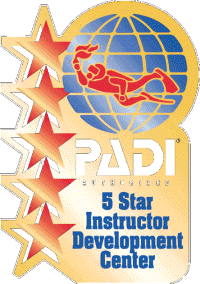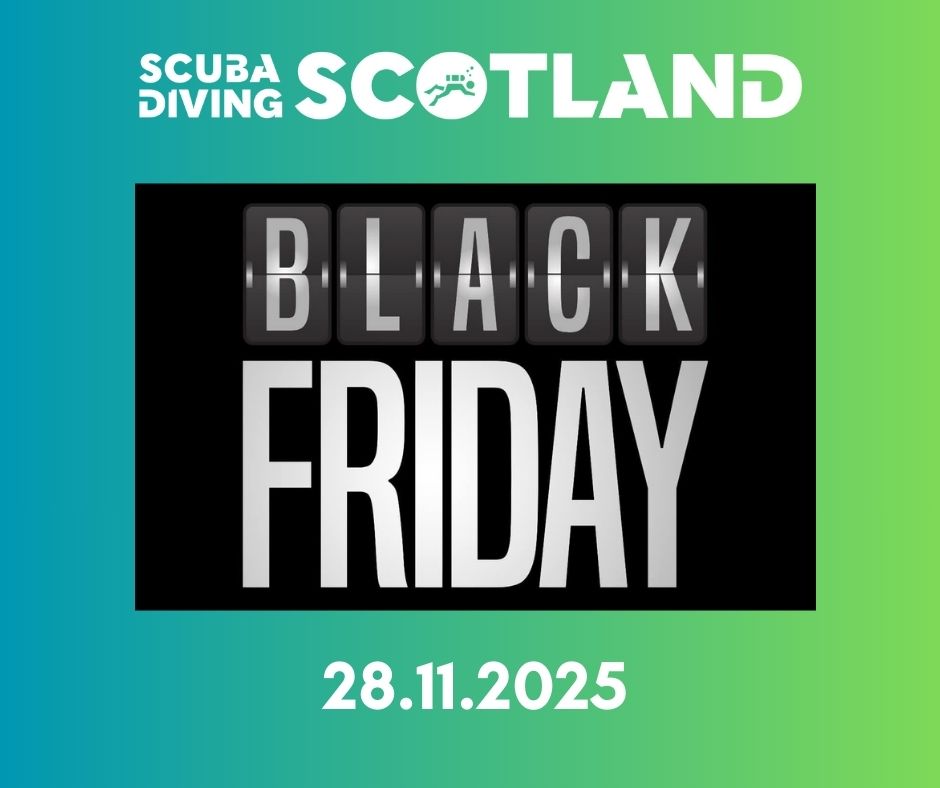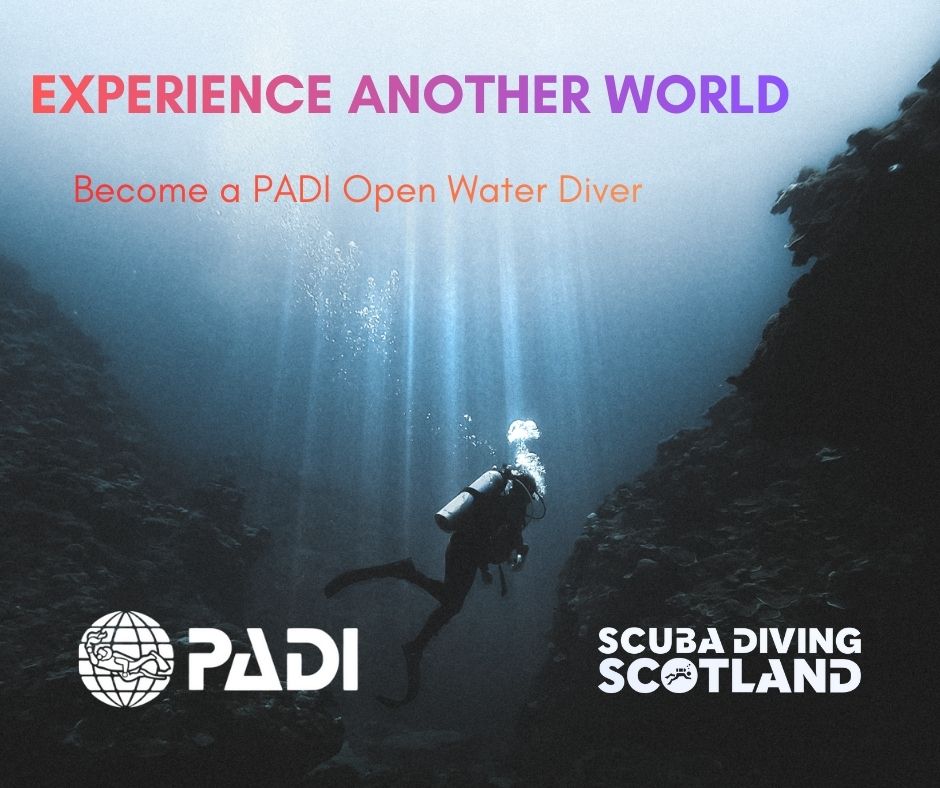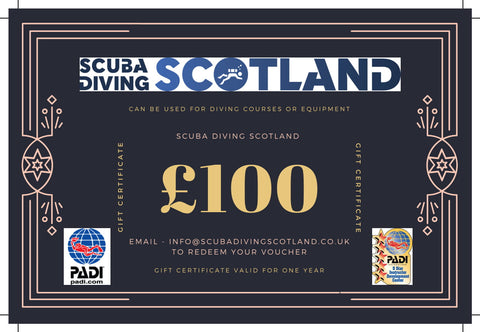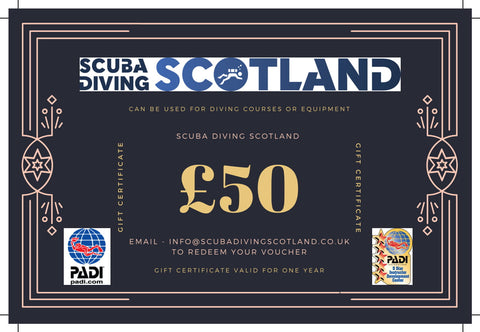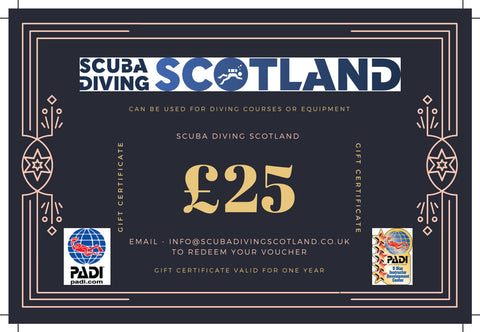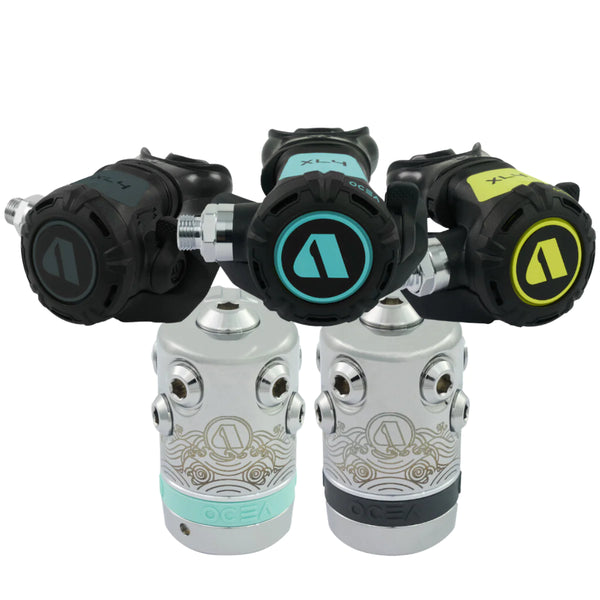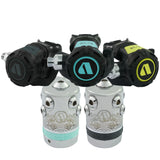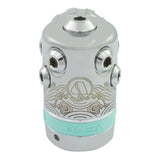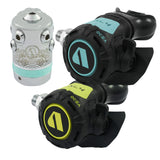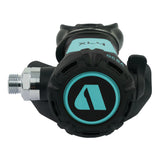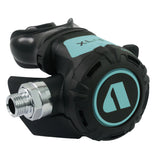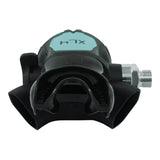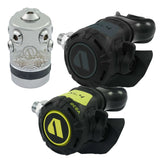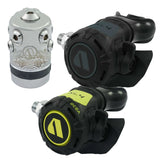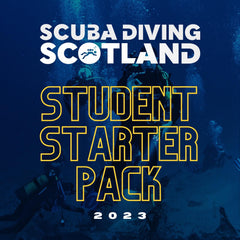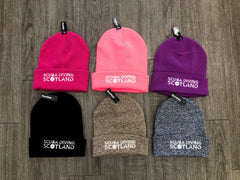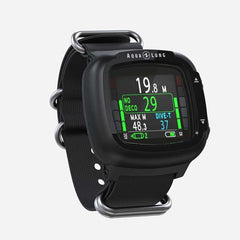The groundbreaking Apeks Ocea Regulator is the first environmentally-conscious regulator made from recycled materials and bio-plastics, manufactured in a solar-powered facility. Based on the XL4+, every single material and process was reconsidered to create the most environmentally conscious scuba diving regulator in the world. The Apeks Ocea is a truly game-changing regulator, removing five times its own weight in plastic from the environment.
Made from Recycled Post-Consumer Waste
The Apeks Ocea second stage case is made from recycled post-consumer waste, such as discarded end-of-life appliances like old kettles and toasters. These are diverted from landfill and processed to recover the plastic, the recovered material is then cleaned and melted into small pellets. The pellets are used during the in-house moulding process, to produce the component parts ready for assembly.
Parts made form Bioplastic
The coloured parts of the Ocea are made from bioplastic. Unlike traditional virgin plastic, which relies on the use of limited fossil resources and petroleum during production, the bioplastic used for the Apeks Ocea is created using plant-based bioplastic materials. The crops used to produce the bioplastic are grown on poor soil that is unsuitable for growing food crops, meaning there is no food crop displacement during production. As the plants grow ready for harvesting, they also absorb carbon dioxide from the environment.
Powered by Solar Panels
The 400 solar panels on the roof of the UK manufacturing facility generate up to 75,000kWh of energy each year, which means every Apeks Ocea is made from sunshine!
The electricity generated is used to run machinery and charge cars, and even sell excess electricity back into the local grid.
By running a solar powered factory, the carbon footprint of the business has been reduced by around 50 tonnes a year.
5KG of Ocean-Bound Plastic Collected For Every Apeks Ocea Made
22 million kilograms (48.5 million lbs) of plastic enters our ocean every day. That's one truckload every single minute of every single day.
It's a horrifying static and something Apeks aims to address in a defined and tangible way. In addition to the Ocea being made from recycled post-consumer waste, Apeks have chosen to work with Plastic Bank to create an even more positive impact.
Plastic Bank
Plastic Bank are revolutionising the world's recycling systems to create a regenerative inclusive, and circular plastic economy. For each Ocea manufactured, Apeks contribute directly to Plastic Bank which ensures 5kg of upstream ocean-bound plastic is collected from coastal communities around the world. Plastic Bank then reprocess the collected materials for reintroduction into the global manufacturing supply chain. The collectors in over 500 locations receive a premium for the materials they collect to better help them provide basic family necessities such as groceries, school tuition, and health insurance.
Lead-Free Brass
Most brass alloys contain lead, and while that's not a problem for applications outside the food and drink industries, we wanted to look at how we could do better. The Apeks Ocea uses lead-free brass, which means the lead component of the alloy is replaced with silicone. The biggest benefit of doing this is that lead-free brass performs far better than standard brass - it's stronger and more resistant to corrosion.
Brass Recycling
The Ocea first stage is machined by us from a solid bar of brass. Brass is a highly sustainable material and can be recycled over and over, with no loss of performance or quality. Any waste brass created during our machining process is collected, cleaned and sent it back for recycling into new brass bars.
Zero Waste To Landfill
Using waste-to-energy incineration, 100% of the general waste from the UK manufacturing plant is used to generate energy, which is used for heating and hot water in other industries.
Kinder Plating
The metal parts of the Ocea are protected by a chrome plating technique called Trivalent Plating, which provides scratch and corrosion resistance and extends the life of the product. Trivalent chromium is a kinder alternative to traditional plating uses chromum sulfate or chromium chloride rather than chromium trioxide.
